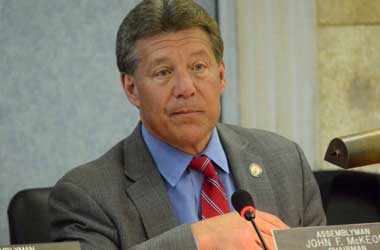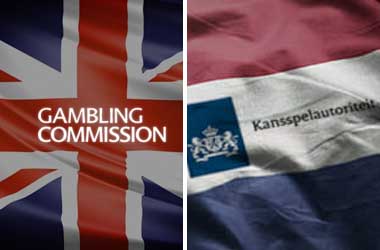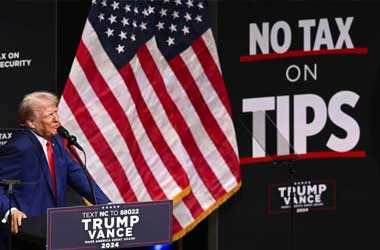 Summary:
Summary:
- New Jersey Senator John F. McKeon wants to see the tax rate on online casino revenue in the state go up.
- McKeon’s proposal would boost the tax rate to 30%, from 17.4% and 14.25%, respectively.
- The Senator’s bill is expected to face opposition from the gaming industry.
While the demand for online slots, poker, and table games in New Jersey has been on the rise, Senator John F. McKeon’s bill proposal could make operating here less lucrative for online casinos and sports betting licensees.
30% Tax Rate Proposal
Bill S3064 proposes an important rise in the level of the tax rate imposed on revenue from online casinos and online sports betting.
The Senator wishes to see the tax rate go from 17.4% on online casinos and 14.25% on sports betting, respectively, to 30%.
This would mean that the online casino landscape in NJ could suddenly become a lot more lucrative for state coffers, as it would attract hundreds of millions of dollars in tax revenue.
It is expected that the bill that has only been pre-filed at this point and is still pending a committee assignment and the initial inspection from the New Jersey Office of Legislative Services be opposed by gaming industry representatives.
Atlantic City Casinos, Likely to Oppose the Bill
Casinos in Atlantic City receive some revenue from online casino activity in NJ. While the figures do not compare to what the casinos scoop up from in-person gambling which fell in 2023 in their land facilities, the proposed tax rate on online casino revenue would translate to their revenue diminishing.
This is why bill S3064 is expected to be strongly opposed by Atlantic City casinos. Casino Association of New Jersey’s President Mark Giannantonio explained that the organization “strongly opposes any proposed tax increase for online gaming”.
Provided their lobbying is successful and the casinos manage to mount a sturdy opposition, the bill will likely not be able to reach any committee.
Since the same casinos were able to effectively lobby for a revenue-sharing program with the state that would eliminate any revenue obtained from online gambling activity instead of paying property taxes, their success in relation to the new proposal does not seem far-fetched.

 United States
United States United Kingdom
United Kingdom














